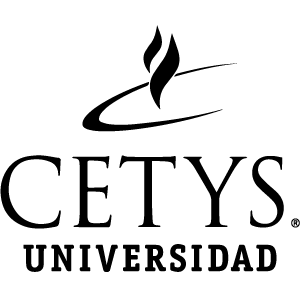https://repositorio.cetys.mx/handle/60000/1660| Campo DC | Valor | Lengua/Idioma |
|---|---|---|
| dc.contributor.author | Cabaco, A.S. | - |
| dc.contributor.author | De la Torre López, Lizbeth | - |
| dc.contributor.author | Álvarez-Núñez, Daniel Nikolaus | - |
| dc.contributor.author | Mejía Ramírez, Manuel Alejandro | - |
| dc.contributor.author | Wöbbeking-Sánchez, Marina | - |
| dc.date.accessioned | 2023-08-16T19:27:39Z | - |
| dc.date.available | 2023-08-16T19:27:39Z | - |
| dc.date.created | 2022-09 | - |
| dc.date.issued | 2023-11 | - |
| dc.identifier.uri | https://repositorio.cetys.mx/handle/60000/1660 | - |
| dc.description.abstract | Due to the cognitive decline associated with aging, it is necessary to determine the variables involved in this process to implement preventive actions to avoid or help slow the progression of cognitive decline to dementia in older adults. This is a priority in the current pandemic situation, due to the consequences of periods of confinement due to COVID-19. To address these challenges, this study was conducted through Information and Communication Technologies (ICTs), by adapting an in-person assessment protocol into an online Tele neuropsychological consultation. The correlation between autonomy and cognitive performance variables is analyzed in 47 Mexican subjects over 60 years of age. The results of the statistical analyses suggest a moderate correlation between the level of autonomy and cognitive performance (with MOCA and Clock Drawing Test), significant correlation values are outlined in some of the variables reviewed, and interesting data were found in the correlation of cognitive reserve with cognitive decline and the educational level from the participants. Finally, future analysis is proposed of the sensitivity of screening tests (CDT) to find indicators of Mild Cognitive Impairment (MCI) in this population that is not detected in classical tests (MOCA). Developing ICT-based screening protocols for the elderly may be a key tool in these coronavirus times or under any given circumstances. | es_ES |
| dc.description.sponsorship | PECInnovation | es_ES |
| dc.language.iso | en_US | es_ES |
| dc.relation.ispartofseries | vol. 2;100107 | - |
| dc.rights | Atribución-NoComercial-CompartirIgual 2.5 México | * |
| dc.rights.uri | http://creativecommons.org/licenses/by-nc-sa/2.5/mx/ | * |
| dc.subject | Tele neuropsychological | es_ES |
| dc.subject | ICTs | es_ES |
| dc.subject | Screening | es_ES |
| dc.subject | Older people | es_ES |
| dc.subject | Caregivers | es_ES |
| dc.subject | Autonomy | es_ES |
| dc.subject | Mild cognitive impairment | es_ES |
| dc.subject | eHealth | es_ES |
| dc.subject | Cognitive reserve | es_ES |
| dc.title | Tele neuropsychological exploratory assessment of indicators of mild cognitive impairment and autonomy level in Mexican population over 60 years old | es_ES |
| dc.title.alternative | PEC innovation | es_ES |
| dc.type | Article | es_ES |
| dc.description.url | https://www.sciencedirect.com/journal/pec-innovation/vol/2/suppl/C | es_ES |
| dc.identifier.doi | https://doi.org/10.1016/j.pecinn.2022.100107 | - |
| dc.identifier.indexacion | Scopus | es_ES |
| dc.subject.sede | Campus Tijuana | es_ES |
| Aparece en las colecciones: | Artículos de Revistas | |
| Fichero | Descripción | Tamaño | Formato | |
|---|---|---|---|---|
| 1-s2.0-S2772628222000929-main.pdf | 806.83 kB | Adobe PDF |  Visualizar/Abrir |
Este ítem está protegido por copyright original |
Este ítem está sujeto a una licencia Creative Commons Licencia Creative Commons


